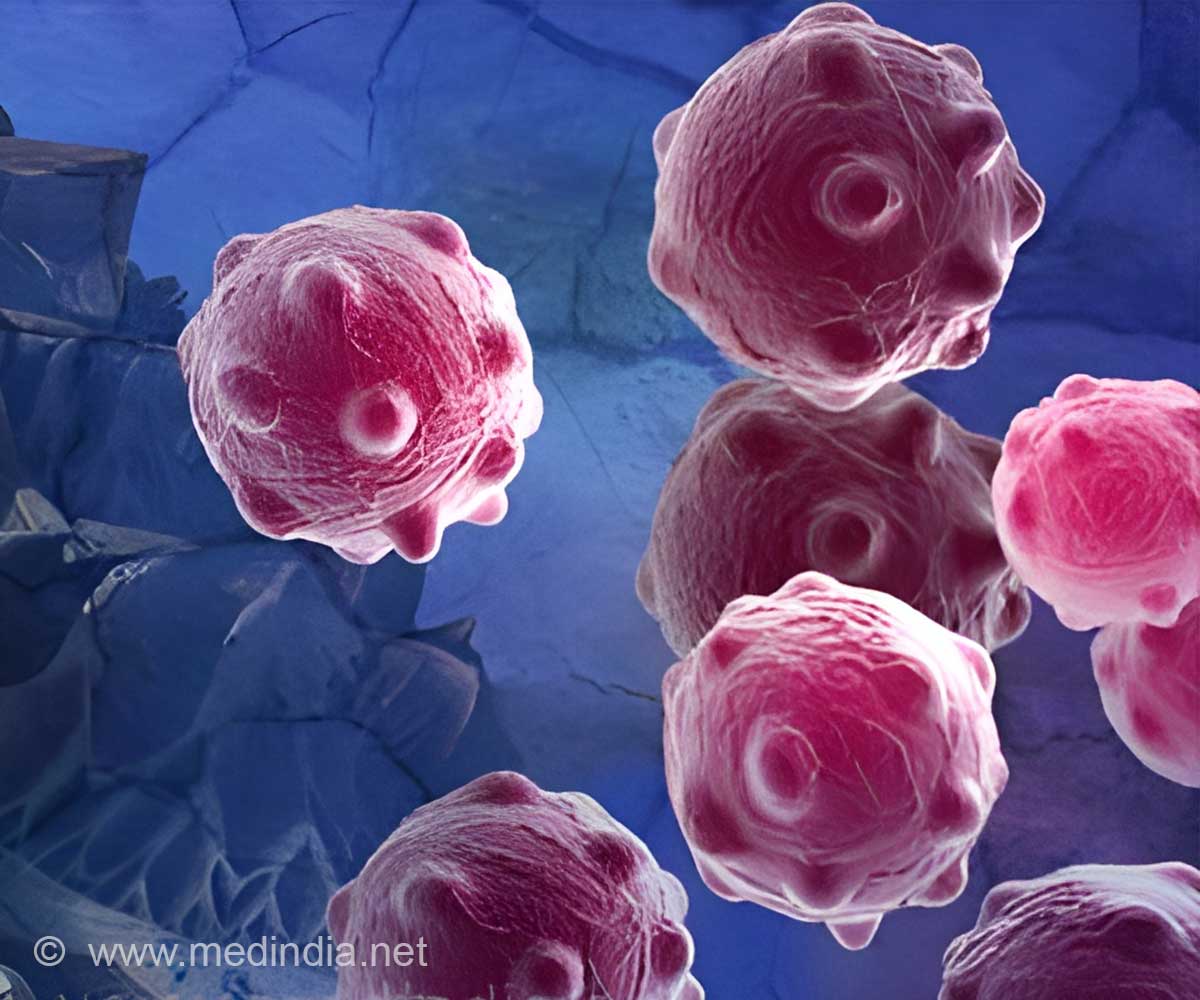
Leveraging AI and patient metadata to develop a novel risk score for skin cancer detection
Go to source). This advancement offers a more efficient approach to skin cancer diagnosis and could revolutionize early detection.
‘ Did You Know?
Over 5 million cases of skin cancer are diagnosed in the U.S. each year. #artificialintelligence #lesions #technology ’





Researchers from Anglia Ruskin University, Check4Cancer, University of Essex, and Addenbrooke’s Hospital worked on the AI model which was trained on data from 53,601 skin lesions from 25,105 patients. Over 5 million cases of skin cancer are diagnosed in the U.S. each year. #artificialintelligence #lesions #technology ’
In this study, researchers used machine learning and combination theory to distill 22 clinical features down to the seven most important that predict if a skin lesion might be suspicious or not. These features include: whether the lesion has recently changed size, color, or shape; whether the lesion was pink or inflamed; and hair color at age 15.
AI Breakthrough Outperforms Current Skin Cancer Detection Methods
Researchers applied proportional weighting to these seven features to create the new C4C Risk Score which has an accuracy of 69%. In the study, it significantly outperformed existing methods such as 7PCL (62%) and Williams score (60%).Some of the new risk factors they discovered, such as lesion age, pinkness, and hair color, were important for all types of skin cancer but were not included in the older methods, which only focused on melanoma, a specific type of skin cancer.
Professor Gordon Wishart, Visiting Professor of Cancer Surgery at Anglia Ruskin University and Chief Medical Officer at Check4Cancer, said: “This study shows the importance of using clinical data in skin lesion classification, which should help to improve the detection of skin cancer.
Advertisement
Consultant Plastic Surgeon Per Hall, who recently retired from Addenbrooke’s, said: “The added value that this paper brings is the ability to help identify patients whose skin lesions are suspicious enough to justify onward referral for face-to-face analysis.
Advertisement
“The NHS is deluged with referrals for skin lesion analysis – the vast majority are innocent. This work is geared towards sifting out lesions that are potentially serious and identifying those patients whose skin is more prone to developing cancers so they can be seen quickly.”
Reference:
- Leveraging AI and patient metadata to develop a novel risk score for skin cancer detection - (https://www.nature.com/articles/s41598-024-71244-2)
Source-Eurekalert















